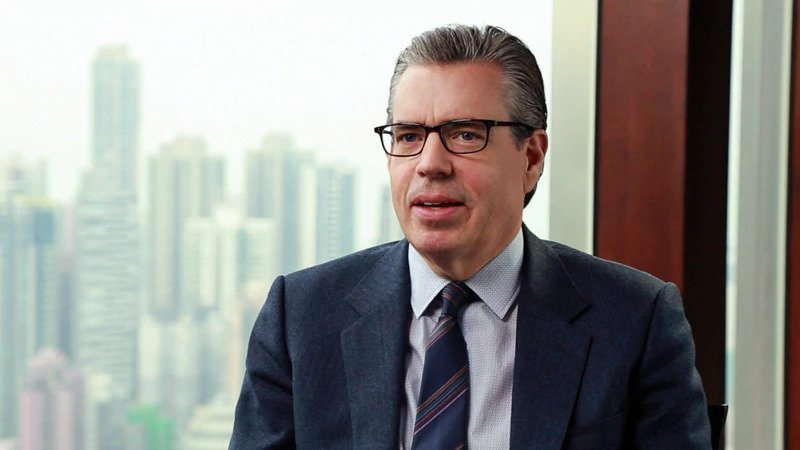Energy crisis old economy’s revenge, says Goldman’s Currie

The energy crisis that’s sent natural gas and power prices to record highs is a sign of “revenge” from “under-invested” legacy energy sources like fossil fuels, according to Jeff Currie, global head of commodities research at Goldman Sachs Group Inc.
“Poor return saw capital redirected away from the old economy to the new economy,” Currie said in a discussion with Francine Lacqua and Snam Chief Executive Officer Marco Alvera on Bloomberg TV. “It’s not unique to Europe, it’s not unique to energy, it’s a broad-based old-economy problem.”
Gas shortages have exposed vulnerabilities in global energy supply chains in recent months, leaving small U.K. energy companies collapsing in their wake. European energy markets from natural gas to carbon permits reached records on Tuesday, signaling the supply shortage will worsen just as winter starts.
Investment in gas in particular needs to be increased to fend off more volatility during the energy transition, Currie said, dating the origins of the problem to when long-cycle capital expenditure was “shunned” after the 2008 financial crisis.
Gas shortages have exposed vulnerabilities in global energy supply chains in recent months, leaving small U.K. energy companies collapsing in their wake
“In many parts of the world, you’ve overbuilt wind, you’ve overbuilt solar,” he added, pointing to a lack of investment in coal, metals and mining. “The new economy is over-invested and the old economy is starved.”
The prices of commodities need to be “much higher to get returns sufficient to start attracting capital,” Currie said. “People wanted a quick return, and now you’re paying the price for it.”
Storage, hydrogen
According to Alvera, Europe needs to increase strategic gas storage capacity to stabilize the global market and to overcome the intermittency of renewable energy sources. He said he expects gas prices to fall quickly during the summer.
“We have a lot of oil storage, a lot of oil inventory, but in the U.K. there’s hardly any gas storage, and in Europe the storage that we have is half-empty,” said the gas-infrastructure CEO.
Alvera, who recently published a book on hydrogen, said the fuel can act as a stabilizing force in energy markets.
“What’s been exposed is that you can have as many wind farms as you want, but if you have no wind then you have an issue,” he added. Hydrogen can be added to the energy mix, he said, because it means you can “absorb electricity when it’s cheap and you can turn it back into electricity when it’s expensive.”
A more orderly transition could come as the cost of renewable resources declines, said Alvera. But the pressures on global commodity prices aren’t going to evaporate anytime soon, according to Currie.
“This is the first inning of a multi-year, potentially decade-long commodity supercycle,” Currie said. “It’s driven by the war on climate change, the war on income inequality. All of these dynamics lead to a structural rise in commodity demand against this whole idea of the revenge of the old economy.”
(By Todd Gillespie, with assistance from Ben Priechenfried)
More News
{{ commodity.name }}
{{ post.title }}
{{ post.date }}




Comments